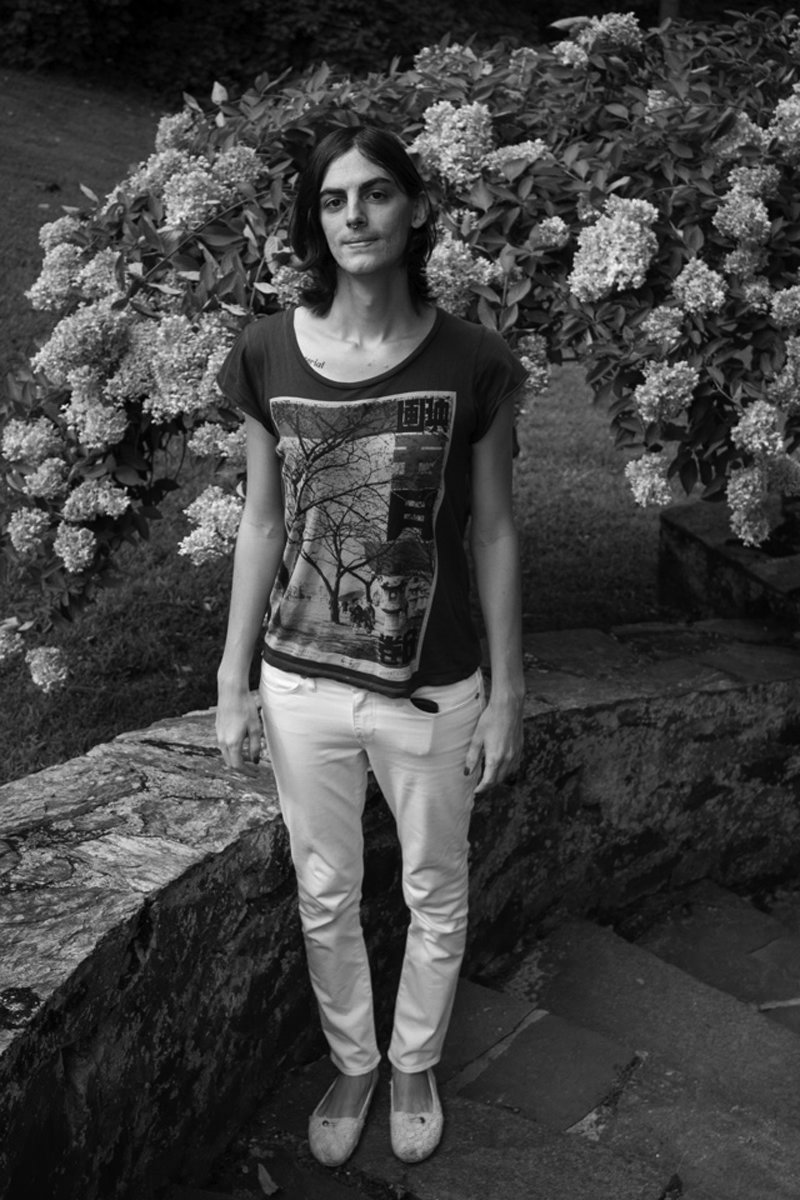Since starting at Eastern, I have truly learned the sacrament of confession. And I must confess a number of things about my beloved major department, biblical studies. Eastern’s biblical studies courses are not designed to be like a Bible study at your youth group back home. As valuable as those may be, biblical studies here is hard. When I began at Eastern, I was accustomed to being handed all the answers on a silver platter with “Jesus” engraved on it by uncritical hands. I expected to be challenged intellectually in my Bible classes. But I wasn’t so sure that they would have an impact on my spiritual life. Now, as a graduating senior, I can fully appreciate the holistic and unassuming nature of Eastern’s biblical studies program.
It would be easy, almost too easy, for a girl like me to write off Christianity altogether. With the levels of abuse that I’ve suffered at the hands of Christians, even I am left wondering sometimes why I’m still a Christian, but especially a Catholic. Eastern’s biblical studies faculty have not only provided me the tools I need to engage with difficult and destabilizing questions and experiences; if it weren’t for the illustrations of faithfulness I had in the biblical studies faculty, I would have left Christianity long ago. And I certainly would not have learned the virtues of courage, honesty, and faithfulness. Faith is when one confesses, “I do believe; help me overcome my unbelief!” (Mark 9:24). This paradoxical confession is the epitome of faith. It transcends propositions and doctrinal statements, and this is the sort of faith I have cultivated in Eastern’s biblical studies program.
I admit: it was frustrating at first not to be given easy answers when uncertainty hit. But now I realize that reassurance does not solve uncertainty—it merely hides it. The biblical studies faculty is a community of people who have been there. They know that questions are an integral part of the Christian faith. Lest we forget Good Friday where Christ cries, “My God, my God, why have you forsaken me?” This experience of abandonment is not one Jesus avoids, even if he sweats blood over it. When we struggle, if we are beaten and hated, I am reminded through my time as a biblical studies major that Christ is not only beside us but suffering along with us. Our world, our suffering, is sacred. And even if we disbelieve, the Church believes on our behalf.
My faith is better off because of the numerous crises of faith I’ve gone through at Eastern. In fact, I usually enjoy them as much as I enjoy pious euphoria. The dreaded “faith crisis” is not a modern Protestant idiosyncrasy. Saint John of the Cross, for instance, writes of the “dark night of the soul.” Mother Teresa, likewise, once said that, “If I ever become a saint, I will surely be a saint of darkness.” Father Robert Barron writes that “though it is a high paradox, the fifty-year darkness that Mother [Teresa] endured is, therefore, one of the surest indicators of her saintliness.”
The ability of Eastern’s biblical studies faculty to recognize and embrace questions that might be destabilizing is a testament, not to the alleged “heresy” of biblical scholarship, but to their honest and faithful embrace of the Christian tradition. May the God of all creation extend Her love to us all.
Source: Catholic News Agency

